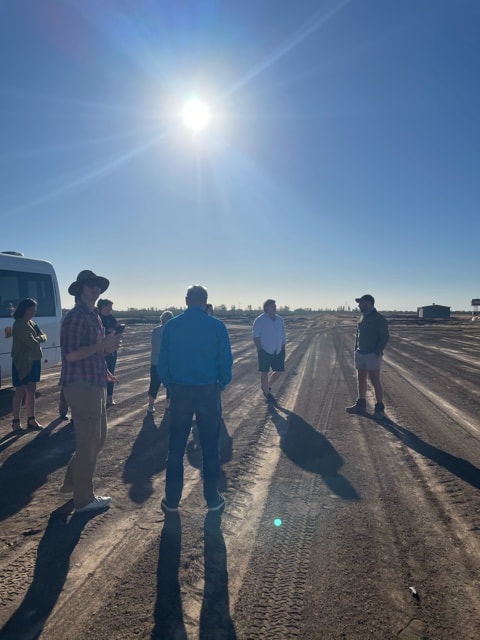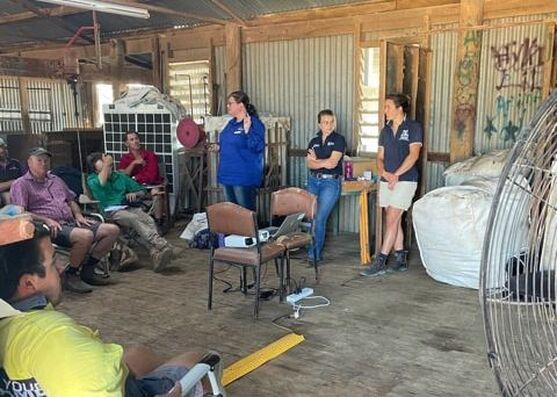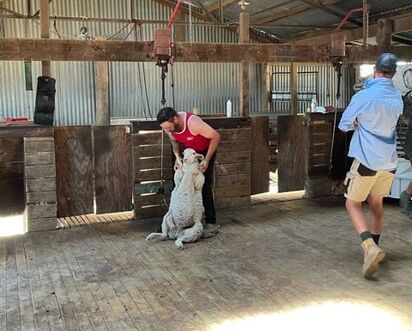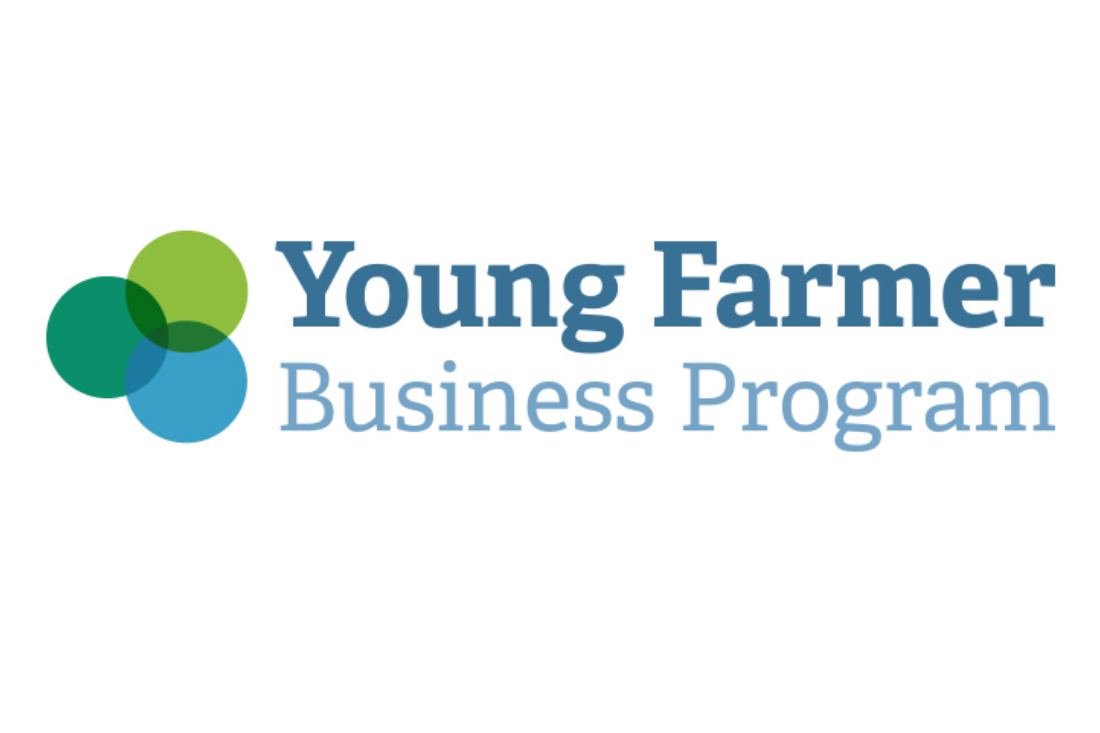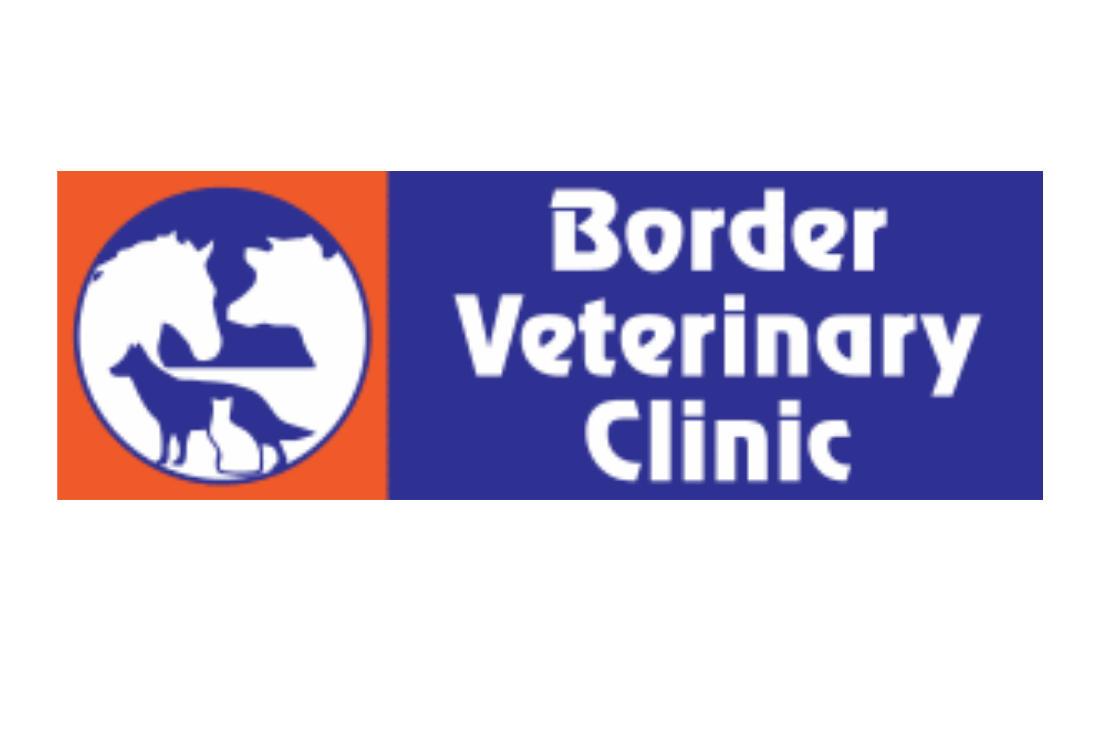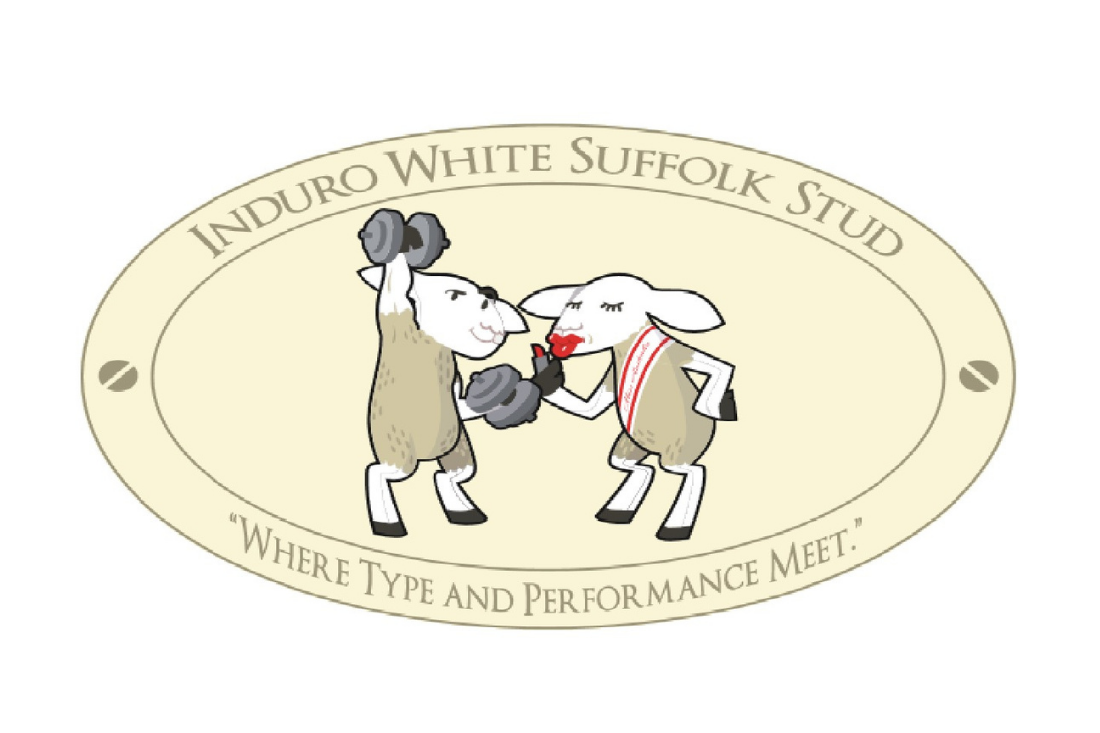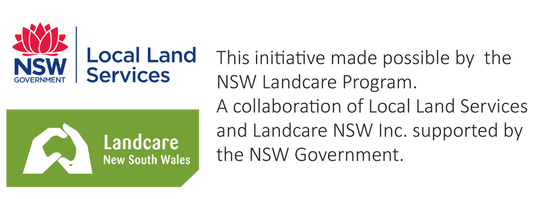A summary of the dayA ‘’Livestock Basics Day’’ workshop was organised by Young Country Networkers and Western Murray Land Improvement Group. 20 participants and industry experts attended at Guy Treweeks Induro White Suffolk Stud in Wakool, NSW.
Many farmers have been handed down livestock knowledge from their parents or other farm workers. Feedback obtained by previous event participants and Western Murray Land Improvement Group members have indicated that there appears to be a wide variation in practices and techniques. This made people question whether what they had been taught or aware of was actually best practice, and whether they could apply other current industry and research knowledge to improve business efficiencies and animal welfare outcomes. |
|
This presentation was followed by an insightful presentation focusing on the growing trends around online stock sales by Nutrien Ag stock agent Geoff McCallum. David Landini from Landini Industries covered the history of Australian wool production, as well as the basics of wool classing, understanding wool appraisal documentation and sales options. Lastly we saw a crutching and shearing demonstration by Guy Treweek, and then had a presentation from him covering everything from the day to day operations of running a sheep stud through to all the testing and accreditation that goes along with it.
The informative day began with presentations by Local District Vet from Murray Local Land Services Linda Searle in partnership with Border Vet Clinics Katrina Martin and Elzeth Erasmus regarding topics such as such as joining, pregnancy testing/scanning, lambing/calving, pest and disease treatments and animal health and pain management, as well as new novel pain management products on the market. |
|
Practical demonstrations gave a great deal of insight into current industry standards. In particular, discussions around the current pain management legislation in other states gave some indication into the future of pain management practices for livestock producers in NSW and what will inevitably change and be required by law.
Participants walked away with a better understanding of how to implement proactive and preventative management techniques (e.g. biosecurity considerations regarding stock purchasing and segregation) as opposed to reactive responses (treating outbreaks to entire flock) to improve efficiencies and animal welfare outcomes. |

